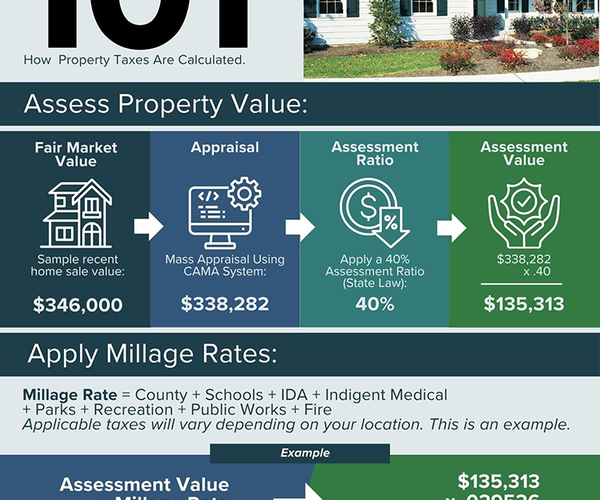Members of the Springfield City Council discussed changing the way raises are given to city employees at a budget workshop Monday.
In previous years the council has voted to give a percentage raise to all city employees. The council discussed changing to merit-based raises.
Springfield City Manager Brett Bennett had suggested having a percentage pool where 3 percent would be a cost of living raise at the council’s discretion, and 4 percent of the pool would be for merit raises based on job performance evaluations.
Councilman Jeff Ambrose said he likes the idea of a merit pool. Councilman Dennis Webb said when he first joined the council he couldn’t understand why there was a flat percentage increase for all employees, and even after someone explained it he still didn’t like it.
“We had no system of evaluating,” Webb said.
Bennett told the council he could also have a pay study done to set up a pay scale for the positions in all the departments and have detailed job descriptions written.
Webb said evaluations would need to begin soon, and that would give Bennett an idea if there are adequate job descriptions for positions, and show if a study is needed.
Councilman Kenny Usher said he felt there should be a 4 percent pool for merit raises and no cost of living raises.
Webb asked how they could not do a cost of living raise. He said if the cap for merit was 4 percent and the cost of living went up 3 percent a person could only get a one percent raise no matter how well they perform their job.
“That’s pretty pitiful,” Webb said.
Usher said he sees “a pie that is going to be cut up.”
“Some folks based on their performance will get a larger slice,” he said.
Webb said it would not be much incentive for employees to exceed expectations if there is only a 4 percent pool.
Ambrose said everyone doing his or her job would have a 4 percent raise.
Webb said that would defeat the purpose of having a merit based raise system. He said if the cost of living raise is at the council discretion it should be given when the budget is made.
“I don’t know if you should sit until mid year to do a cost of living,” Webb said. “I don’t think that’s something council should hold over staff’s head.”
Bennett said he can see budgeting a cost of living raise to make sure the money will be available.
“I can see doing it at budget time,” he said. “It’s how you want to do it.”
Webb said it’s not really a raise it is cost of living, and the way this is set up someone could bring it before council, and the cost of living raise not pass.
Ambrose said giving a cost of living raise every year would inflate salaries of entry-level employees. He said if someone comes in at $25,000 a year and receives a cost of living raise every year after 20 years the city could have someone in an entry level position making $60,000 a year.
Webb said if that was what cost of living is that would be what everyone else would be making as well.
Mayor Barton Alderman said it would not only be the city increasing, it would be the national rate of living.
Ambrose said every time someone is given a cost of living raise that increase the entry pay for a new employee.
Alderman said if you hire someone now at $10 an hour in 20 years if they retire the employee would not be hired at $10 an hour because of the increase in cost of living.
Webb said that cost of living is not a raise, and when someone is given cost of living they are not receiving a raise.
Ambrose said in the business world, employees don’t get cost of living raises.
Bennett asked if the council was comfortable with merit, and not comfortable with cost of living. Usher said he didn’t think the council should give a cost of living raise; Ambrose agreed.
Webb said he would like to keep them separate.
“Let’s say that Brett and whoever does evaluations does an evaluation on an employee, and let’s say that employee is making $10 an hour,” Webb said. “The employee is doing everything in his job description, and not a dime more. What does he get? He’s entitled to cost of living. If you don’t, you’re putting him in the hole.”
Bennett said he would be comfortable with taking out cost of living as long as the merit pool is increased.








